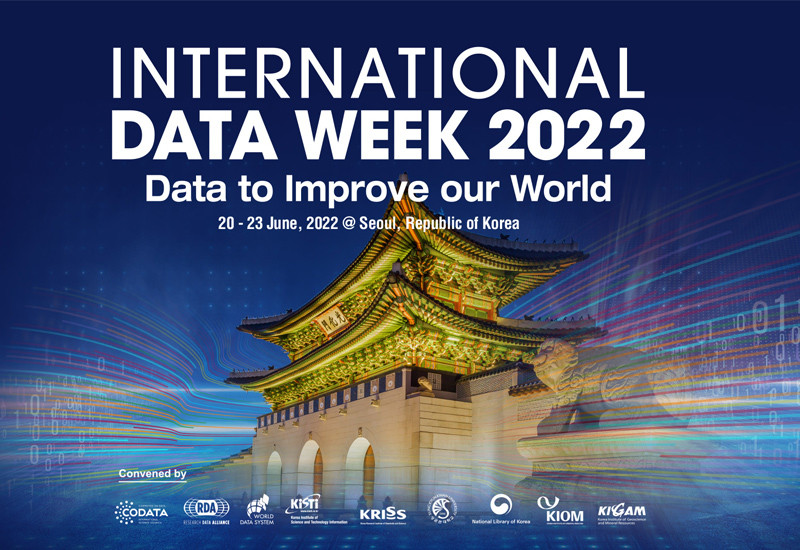News
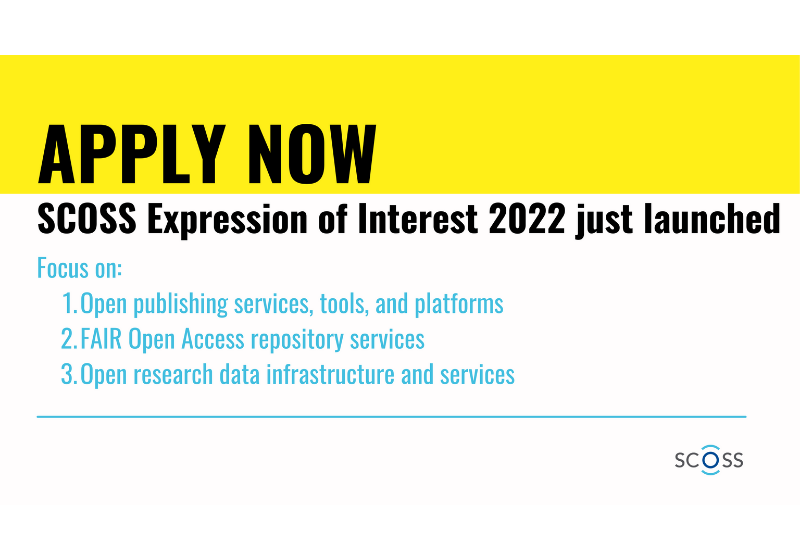
SCOSS Expression of Interest 2022
The Global Sustainability Coalition for Open Science Services (SCOSS) is once again searching for new potential candidate organisations to fund during the 2022 to 2024 SCOSS funding cycle. We welcome applications from across the world: particularly from South America, Asia and Africa although all regions should apply.
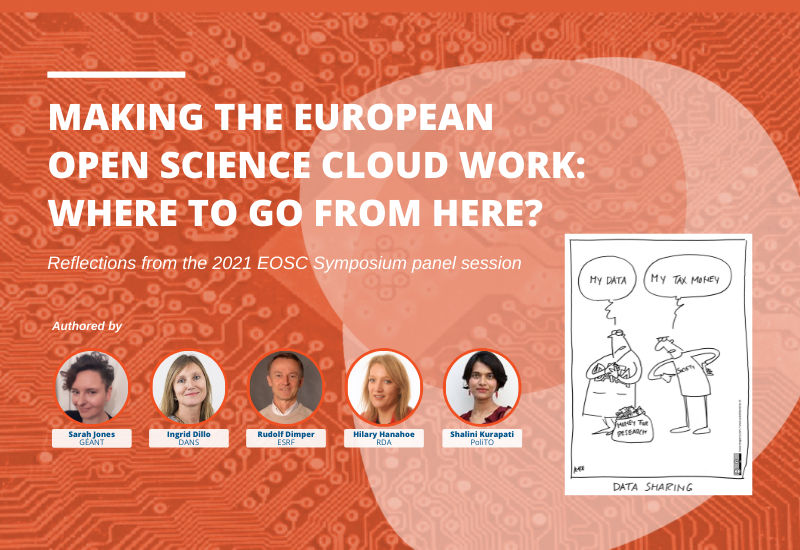
Making the European Open Science Cloud (EOSC) work: where to go from here?
What are the main overarching challenges we need to overcome to facilitate and accelerate the implementation of EOSC?
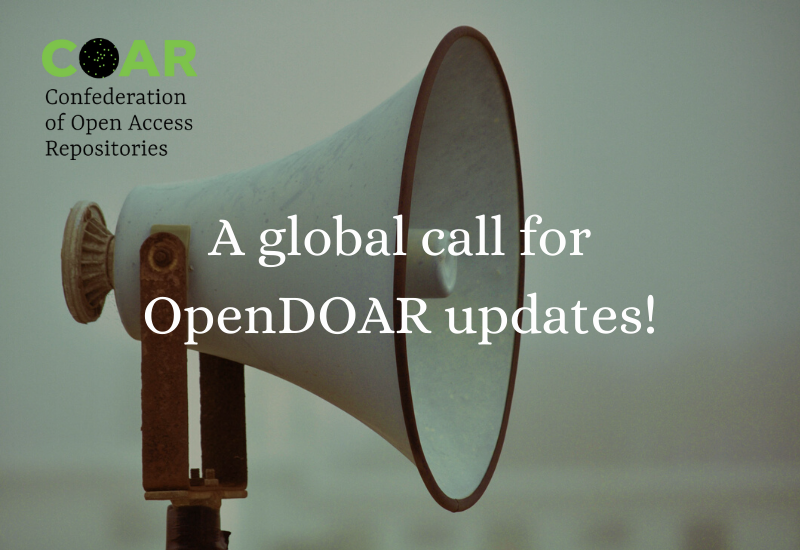
A global call for OpenDOAR updates! by COAR
Calling all repositories to provide their updates on OpenDOAR, a global directory of Open Access repositories.
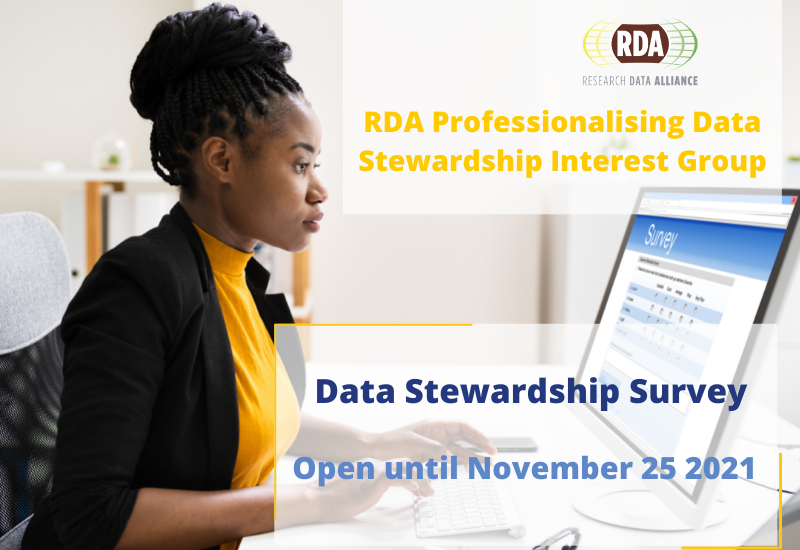
Data Stewardship Survey - open until November 25 2021
The RDA Professionalising Data Stewardship Interest Group (PDS-IG) is seeking input from the research data community to help us model different approaches to research data stewardship. We would be grateful to hear from any research data stewardship service provider to help us capture the sheer diversity of activities, roles and environments around the world.
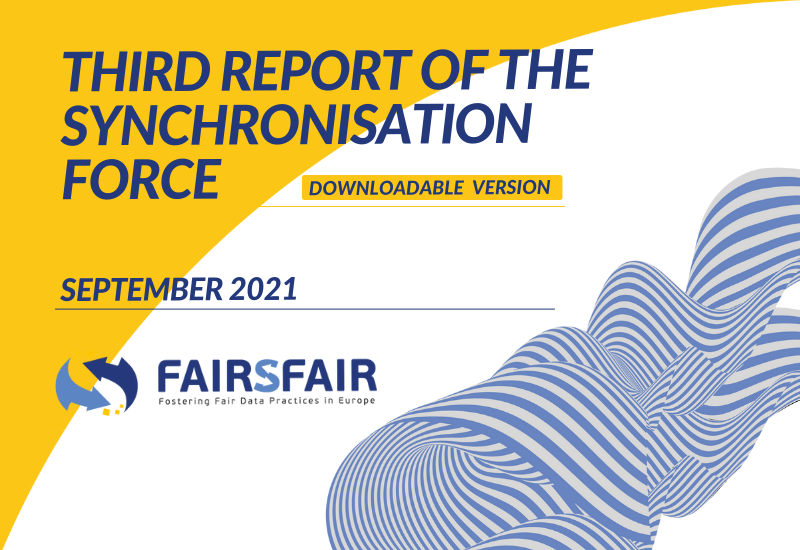
The Report of the Third Synchronisation Force event is out!
Building on the results from the first and second workshops and continuing the dialogue with its stakeholders, between Aptil 29th and June 10th FAIRsFAIR organised the third Synchronisation Force workshops as a series of online sessions . The oucomes are gathered in this report that provides an overview of activities being undertaken by projects involved in building a FAIR ecosystem for the European Open Science Cloud.
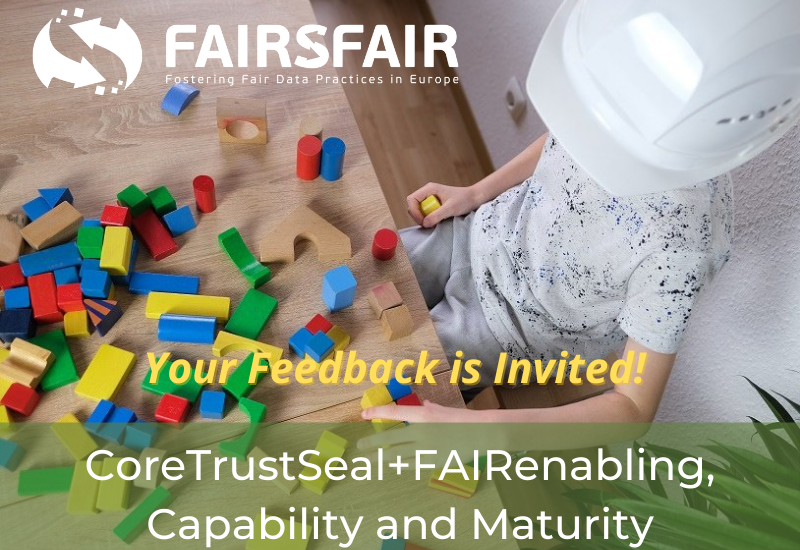
CoreTrustSeal+FAIRenabling, Capability and Maturity Report – We welcome your feedback
FAIRsFAIR has just published the “CoreTrustSeal+FAIRenabling, Capability and Maturity Report”, an updated version of the previous CoreTrustSeal+FAIR Overview and the Draft Maturity Model Based on Extensions and-or Additions to CoreTrustSeal Requirements, both published in August 2020.
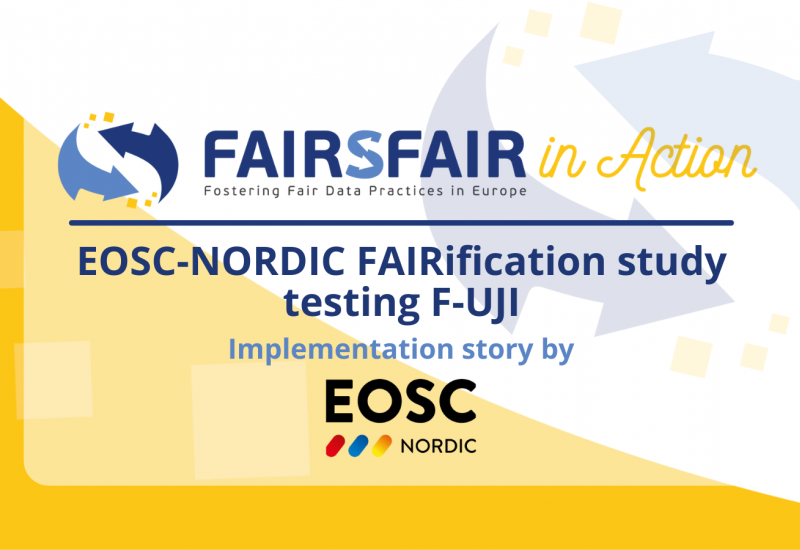
EOSC-NORDIC FAIRification study testing F-UJI
The aim of the FAIRification initiative for repositories run by the EOSC-Nordic project ( http://eosc-nordic.eu) is to integrate datasets, soſtware, publications, and other research outputs for researchers consistently and orderly. The way to do that is to adhere to the FAIR principles to make research data more reusable and science more transparent, efficient, and trustworthy. By doing so, the F-UJI tool developed by FAIRsFAIR was tested.
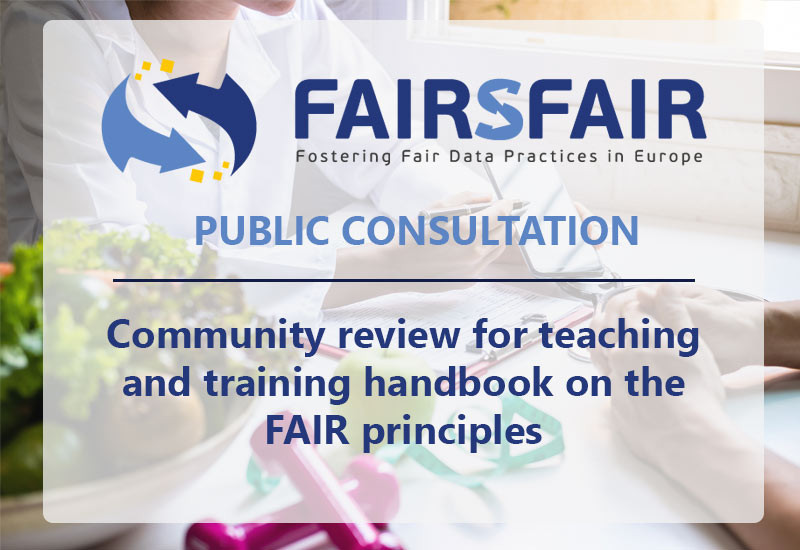
Community review for teaching and training handbook on the FAIR principles now open
Community review is now open for the first draft of “How to be FAIR with your research data – a teaching and training handbook for higher education institutions”.
The consultation will close on 12 September 2021.
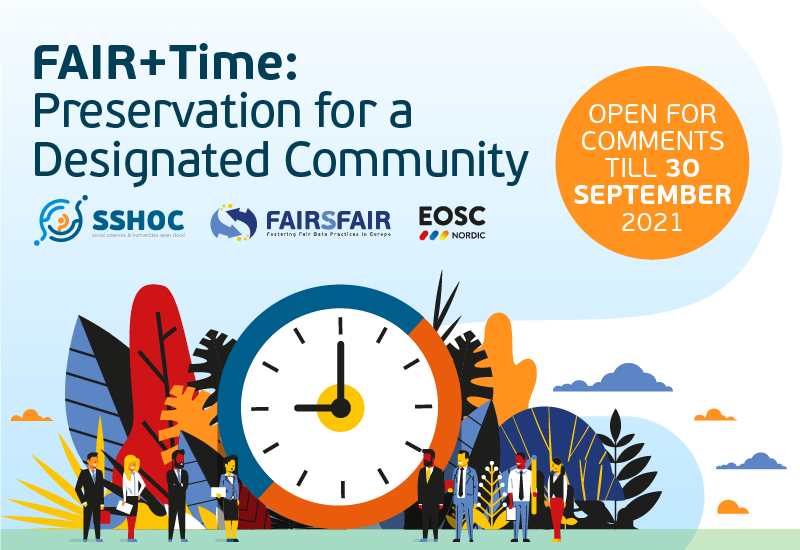
FAIR + Time: Preservation for a Designated Community EOSC-Nordic
The draft working paper "FAIR + Time: Preservation for a Designated Community", released by EOSC-NORDIC, FAIRsFAIR, and SSHOC, seeks to present key concepts and expand on them to specify the standards and assessments required for an interoperable ecosystem of FAIR data preserved for the long term in generalist and specialist FAIR-enabling trustworthy digital repositories (TDR) for a defined designated community of users.

FAIR-Aware now available for French speakers
The FAIRsFAIR project partners (PANGAEA , DANS , DCC) have developed FAIR-Aware, an online self-assessment tool with the aim to educate and raise awareness of researchers, data stewards or other professionals working with research data on making their data Findable, Accessible, Interoperable, and Reusable (FAIR) before depositing the data into a repository. The tool is now available for French speakers.

